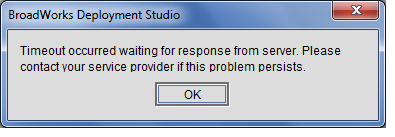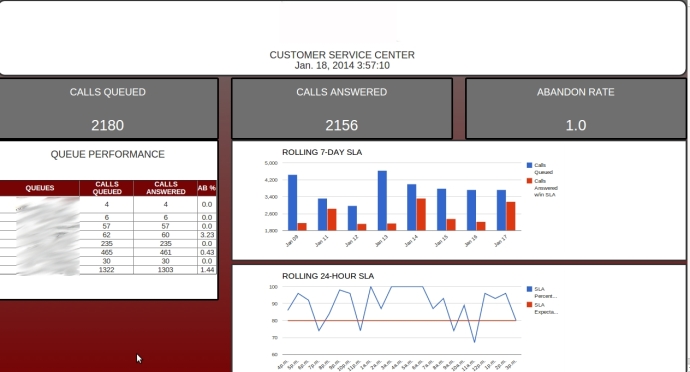I started my technical career in technical support for MSN. Yes, MSN internet access which no longer exists. When I started I was troubleshooting dial-up issues and we were blown away when DSL made it’s way into homes around the country.
Since then I’ve been all over the place, literally, because of my career. This includes geographically and pay scale. In the 12-13 years that I have been working in various IT disciplines, I have learned a thing or two about changing your pay scale, developing a career path, and throwing a big fork in the road when your interests change.
The below thoughts are items that I have learned over the years. Many of these could have accelerated my career path, had someone told me about them sooner.
Consult (or “job hop”) During Your First Five Years:
The IT world has a lot of niches that you can become an expert in. When consulting you have a lot of learning opportunities. One year you might be running a large network full of Cisco hardware, a year later you may be focused on systems and configuration management through Chef. Being exposed to different disciplines can help you determine the right path for you.
I worked with one guy at MSN who earned a number of CompTia certs then realized it wasn’t what he wanted as a career path. Later he took a Web Administrator position with some SEO duties. Fast forward 12 years – He is now a rockstar in the SEO / Online Marketing space. You won’t learn things like this unless you move around
Expect to be Viewed as a Liability, not as an Asset:
It’s sad but true. Technical folks are often seen as a cost center, rather than arevenue center. Depending on your employer, this can make it difficult to negotiate merit increases. After all, all you do is fix the things that you broke in the first place… There are ways to fix this stigma, some are further down this list.
Expect to Learn A Lot of Things On Your Own Time:
I’ve spend thousands of hours AT HOME, UNPAID reading Cisco books, RFC documents, creating labs in GNS3, building Asterisk and Freeswitch servers etc. If you want to get ahead, YOU will need to spend your own time and money, on training. It’s as simple as that.
Learn At Least One Programming / Scripting Language:
This is one of the ways to be seen as an asset, rather than a liability. Imagine you have a repetitive task that you do everyday. It’s boring work and could probably be performed by a inebriated monkey. If you can learn how to write a tool to automate this task (and others like it) you start to be perceived as more than “just a network guy”.
Pretend That You Are the Final Escalation Point, Even As a Newbie:
Put yourself into the mindset that you WILL solve any problem that comes to you. If you keep to this frame of mind, you will become more resourceful and actually solve more issues without escalation.
Start a Technical Blog:
A few years back I started a low level tech blog. Initially I started posting instructions on disabling SIP ALG’s on various COTS routers. I rarely add anything to this site, yet there are days with hundreds of hits to it. Not only that, I’ve received job offers out of the blue thanks to this blog. This a personal marketing site. I suggest that you start something when you figure out your niche.
Start a Business (and don’t be afraid to fail):
Honestly, you don’t need to have an MBA or even a Bachelor’s degree to own and operate a business. You just need drive, some technical skills and a great marketing plan. Running a business will help you better understand why certain events happen. As an “engineer” I have constant requests coming in from the sales team to do something different with our product(s). While I usually push back due to workload, I get it. I’ve been out there trying to make a sale. I understand that people want what they want. On the flip side, I also know that customers and prospects can be show the proper way that an existing solution can benefit them. It’s all in the demo and homework about the prospect.
If you want to start a business, I highly suggest reading the “E-Myth Revisited” by Michael E. Gerber. I was introduced to this book about two years into running a previous business venture. It’s an amazing book that discusses the three types or people that go into business and their motives.It also covers the importance of systems (workflows) that can be replicated.
Learn More Than Just Technical Skills.
If you go the route of owning a business, you WILL learn a lot intricate details about business. If you decide to NOT take that path, I still suggest learning about business, human behavior, and economics. There are many leadership groups that you can join to learn these soft skills. The other benefit of joining a leadership group : You expand your people network, which may trump your technical skills when it’s time to advance.
And finally :
Remember that no matter how “Cool” your idea is, … If it doesn’t make dollars and cents…
There’s chance that no one will care. That’s the harsh reality kid. Businesses are there to make a profit. I’ve had amazing ideas before, however a business case could not be worked around them. So into the trash they went. I’ve had to do the same with ideas submitted by employees too. I gave the idea a run with marketing to determine demand, but ultimately the lack of response validated that we needed to move forward with a different plan.
Don’t be discouraged when your idea is rejected. It’s not personal, it’s business.
Again, these are little things I have learned over the years in my crazy career path. Best of luck to you in yours.
– Keith

